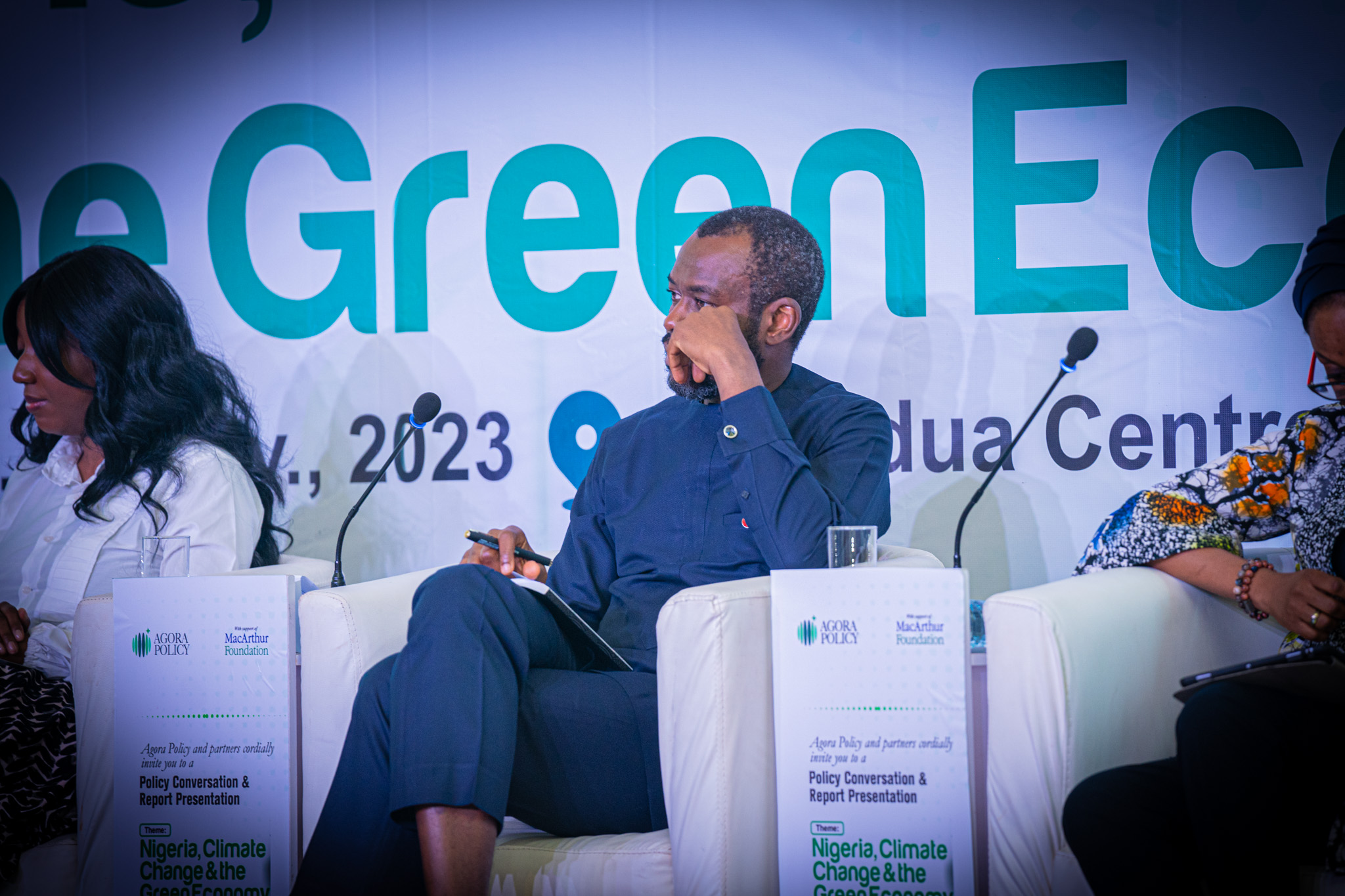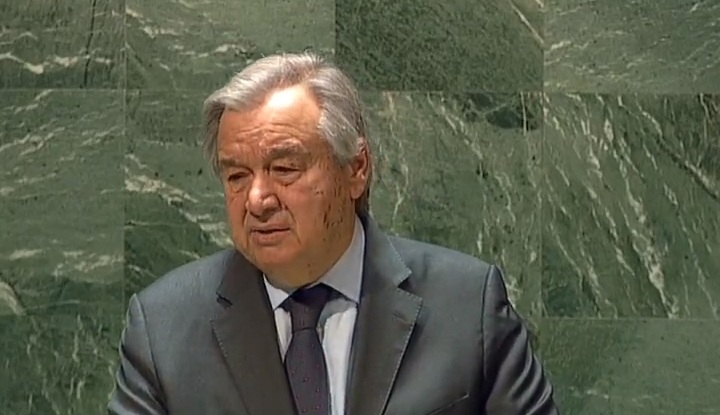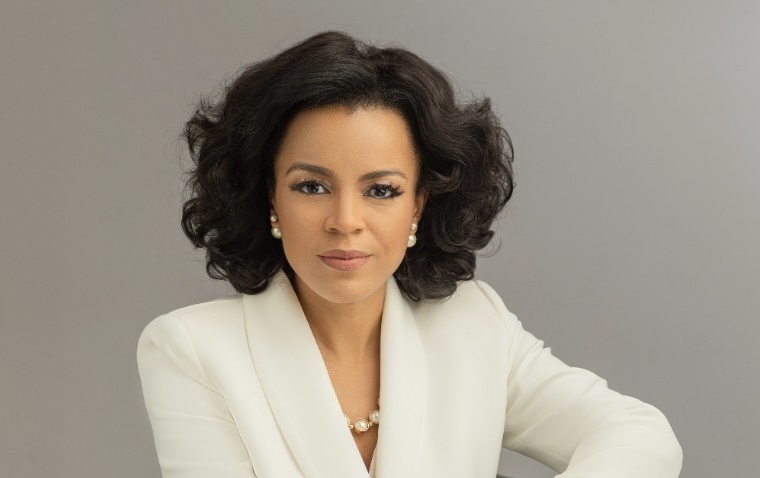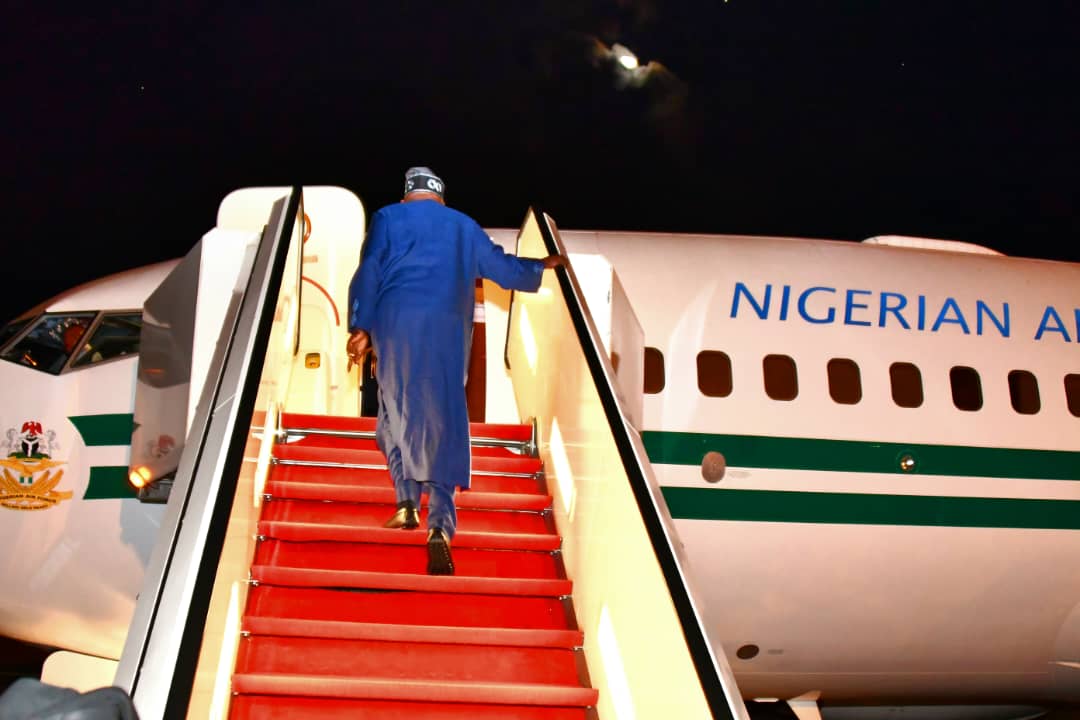Abubakar Suleiman, the managing director of Sterling Bank, says powering the bank’s headquarters with solar energy was a bet “that is commercially viable”.
Suleiman spoke on Wednesday in Abuja during the launch of Agora Policy’s 84-page report titled “Climate Change and Socio-Economic Development in Nigeria”.
While speaking on Sterling Bank’s cut-out decision on renewable energy, Suleiman said the singular action of powering the bank’s head office with solar has brought about partnerships with corporate bodies interested in energy transition.
He added that the project was risky and technologically complex because it was the first of its kind in Africa.
Advertisement
“There is a difference between a climate intervention, climate advocacy, climate policy and a green economy. My approach is to start from the perspective of the economy,” Suleiman said.
“The simple question is, is there a viable opportunity for people to improve their quality of lives by intervening in the spaces which we have intervened?
“In other words, can my intervention lead to economic output and jobs ? Can it be to profit? Because at the end of the day when we say we need to advocate, one language everybody understands is their own bottom line.
Advertisement
“So we must find a way to bring the conversation down to the bottom line of the average citizen.
“The biggest project we have done is we took our corporate head office on Marina, a building that is well over 30 years old, for a renewal.
“What we did was to change the design, change the cooling system and wrap the entire building up in solar panels making it the first high-rise building in Africa that would be powered from the sun.
“Again people ask the question why did we do it? Again people ask the question, does it make sense ? Are you going to make money? Well, the first secret is that I had to present a commercial justification for that and at that time when diesel price was around N200 to N300 (per litre), it was a viable commercial justification. It was a risky project that had never been done before and was technologically complex, but it was commercially viable.
Advertisement
“So the first point was that it has to be viable. The second point was that it is not just the energy that you’re going to deliver from that, it is a fact that we now sit in our offices and every corporate who is interested in the energy transition is coming to us to ask how to work with us.”
Suleiman said the decision was also a demonstration of the bank’s intent as far as renewable energy is concerned, adding that the bank “could have spent that amount of money doing a CNN advert telling people that we can give you a solar solution, but instead, we put it out there for you to see”.






